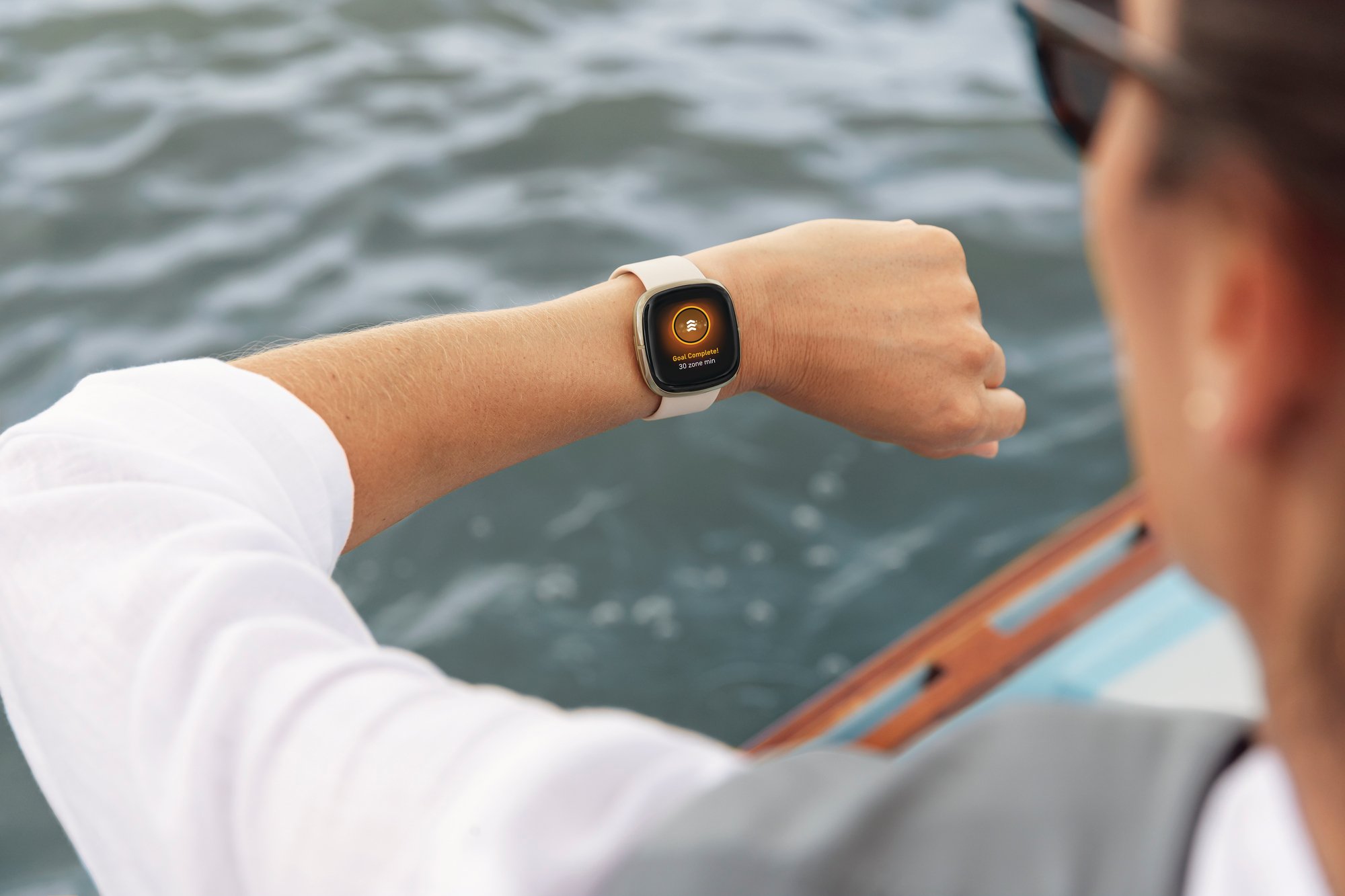
Pebble Time. Image source: Kickstarter.
Once upon a time, Pebble flew high as the most successful Kickstarter campaign ever. Kicked off in 2012, Pebble raised $100,000 within the first two hours, hitting $1 million within 28 hours. The start-up ended up raising $10.3 million for the first e-paper model of its smartwatch in what could be considered one of the first signs that consumers wanted smartwatches. In 2015, Pebble raised another $20.4 million for Pebble Time, which features a color display, following by another $12.8 million for Pebble 2 and Time 2 earlier this year.
|
Year |
Project |
Goal |
Pledged |
|---|---|---|---|
|
2012 |
Pebble |
$100,000 |
$10.3 million |
|
2015 |
Pebble Time |
$500,000 |
$20.4 million |
|
2016 |
Pebble 2 and Time 2 |
$1,000,000 |
$12.8 million |
|
Total |
$43.4 million |
Data source: Kickstarter. Figures may not sum due to rounding.
To this day, these three projects are three of the four most funded Kickstarter projects ever (the fourth being that ridiculous cooler/speaker/blender). Pebble has also launched other products outside of Kickstarter, like the dressy Time Steel or the fashionable Time Round. The company also raised $15 million in venture capital money in 2013. Yet despite this popularity, Pebble has fallen on hard times, and Fitbit (FIT +0.00%) is reportedly preparing to scoop up what's left.
Numerous outlets are reporting that Fitbit is close to acquiring Pebble, although the fitness tracker specialist would subsequently shut down Pebble's brand. Fitbit is most interested in Pebble's intellectual property and engineering talent. TechCrunch says that the proposed price tag is $40 million. That's chump change compared to the $740 million that Citizen supposedly offered in 2015 and the $70 million that Intel also previously offered.
With our powers combined
Since the rumored price tag is fairly modest, Fitbit would likely just pay in cash instead of issuing stock. The company had $672 million in cash and marketable securities on the books at the beginning of October, so it could afford an all-cash transaction fairly easily without having to dilute investors.
The possible acquisition signals Fitbit's continued interest in expanding upmarket into smartwatches. This makes sense, as some of Fitbit's own smartwatches have received cold receptions, and the company's fourth-quarter guidance last month was just plain awful. While Pebble's own products obviously aren't faring well given its poor financial condition and recent round of layoffs, this would be about using that talent and intellectual property to improve Fitbit's product roadmap.
Perhaps the most meaningful strategic distinction between the two companies is that Pebble supports third-party apps, while Fitbit does not. Fitbit integrates with and syncs data with third-party apps, but Fitbit devices don't run third-party apps like Pebble. This is an important dividing line, since market trackers like IDC only consider wearable devices that run third-party apps to be smartwatches; others are considered "basic wearables." While it's not necessarily critical how IDC defines its categories, consumers will absolutely care about this.
It's not clear if this means that Fitbit actually has aspirations of creating a full-blown platform -- third-party apps and all -- because it's incredibly difficult and requires considerable attention and resources. But Pebble had built the technical foundations, which could partly be what Fitbit is after. It looks as if Pebble about to be taken out by its larger rival in one of the first consolidation deals in the nascent wearables market.





